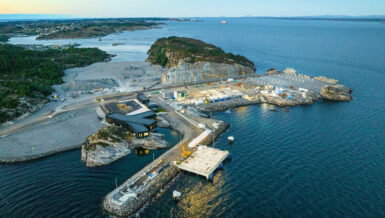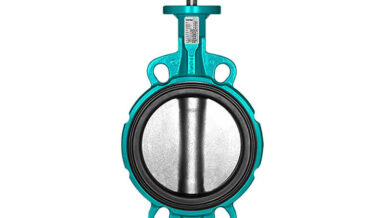Operations with flare gas have very specific responsibilities to their communities, environment, and employees. Safely disposing of flare gas must be done within government-mandated regulations. In the UK, flaring is regulated by the Department of Trade and Industry (DTI), which develops the government policy for oil and gas fields as well as the UK’s territorial waters. In other nations, the ministry responsible for oversight of hydrocarbon resources typically oversees flaring. Additionally, the Emissions Trading Scheme (ETS) has been monitoring the emission levels of 11,000+ plants and facilities across the EU (plus Norway, Liechtenstein and Iceland) since 2005.
In oil and gas operations specifically, accurate and reliable flare optimization is the key for improved safety, increased Return on Investment (ROI), and risk mitigation. Optimization of an operator’s flare is also proactive in regard to climate change, staving off the looming issue of harmful emissions coming from incomplete combustion or black smoke and odors that can exacerbate risks and result in brand damage.
The solution?
Safe, cost-effective solutions from an experienced and industrial-minded partner with deep, proven expertise in oil and gas operations. Working with Panametrics, a Baker Hughes business, and flare.IQ offers a partnership with a company versed in flare optimization via proactive management and control for all assisted flares.































